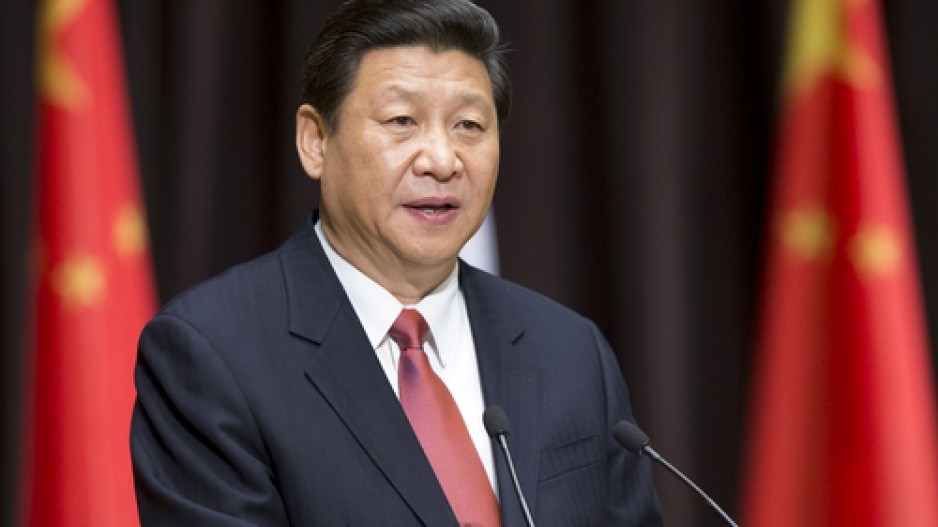There have always been doubts about how serious China’s new president, Xi Jinping, is about the new round of economic reforms and liberalization, whose chief cheerleader was the now overshadowed and increasingly inconsequential Premier Li Keqiang.
There have always been doubts about how serious China’s new president, Xi Jinping, is about the new round of economic reforms and liberalization, whose chief cheerleader was the now overshadowed and increasingly inconsequential Premier Li Keqiang.
Those doubts became even more well founded last week with the news of the resignation of Dai Haibo, the chief of the Shanghai Free Trade Zone. Establishment of the Shanghai FTZ was announced a year ago as a testing ground for liberalization of rules governing financial service industries, capital account transactions and interest rates.
Reports from Hong Kong, however, say that Dai is under investigation for corruption and note that Wang Qishan visited Shanghai a few days before the announcement of his resignation. Wang is the chief of the Communist Party’s Central Commission for Discipline Inspection, and Xi’s Rottweiler in the continuing anti-corruption campaign, which is aimed primarily at the president’s political rivals.
As Xi has taken more control of China’s economic policy, which should in theory be in the hands of Premier Li, the president is showing the most enthusiasm for cracking down on the supposed misbehaviour of foreign companies and for investing in state-owned infrastructure companies. Several eminent analysts have concluded this tack is seriously undermining the dynamism of the Chinese economy.
Since the Shanghai FTZ was launched in September last year – without its main promoter Premier Li at the ceremony – about 10,000 businesses have registered to be included. But they report almost no concrete progress because the authorities have yet to produce the framework for liberalization and deregulation.
This is not China’s first financial services liberalization zone. One was established at Qianhai four years ago and another at Wenzhou two years ago. But, as with the Shanghai FTZ, there has been no progress in getting them up and running.
